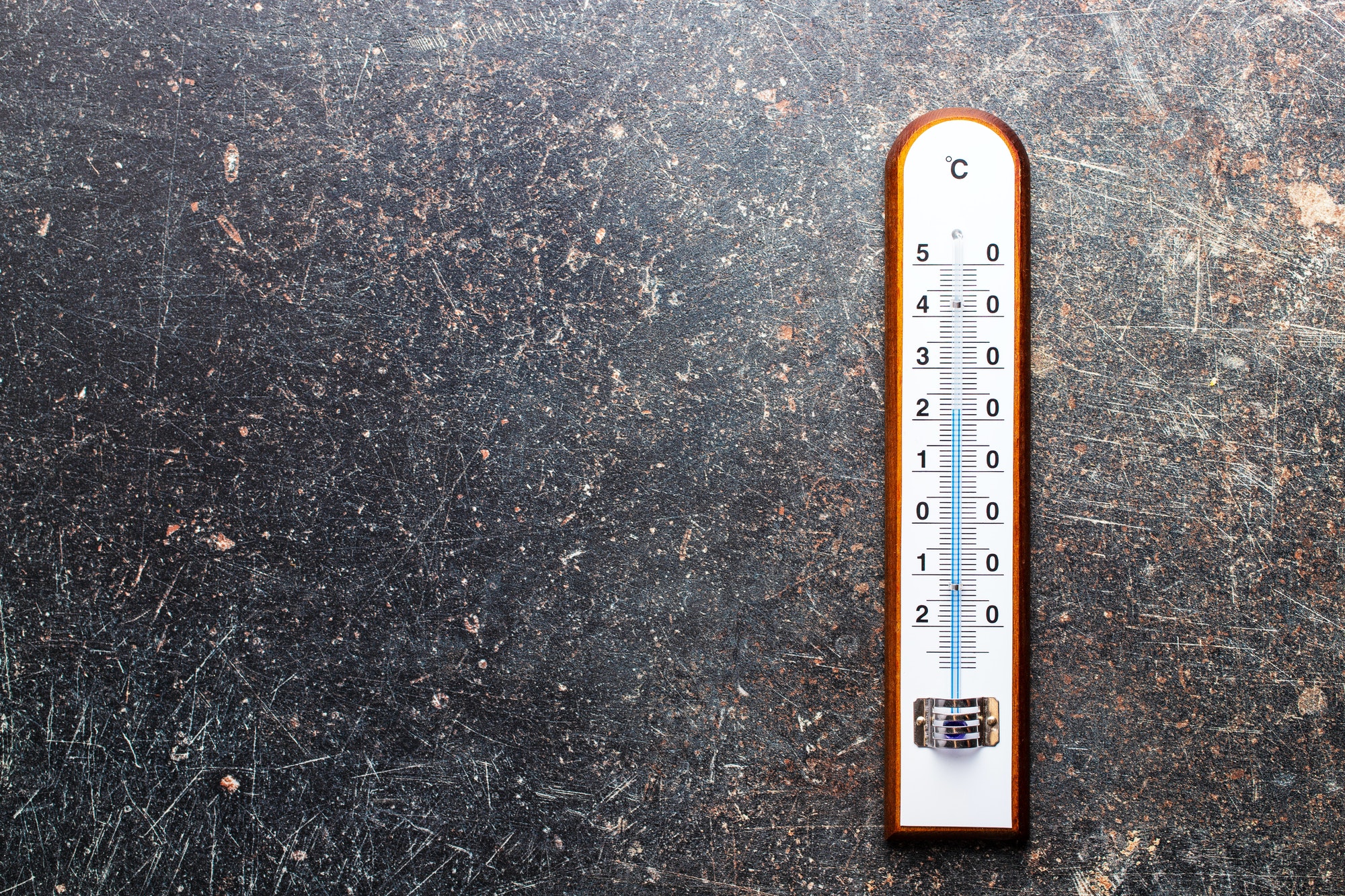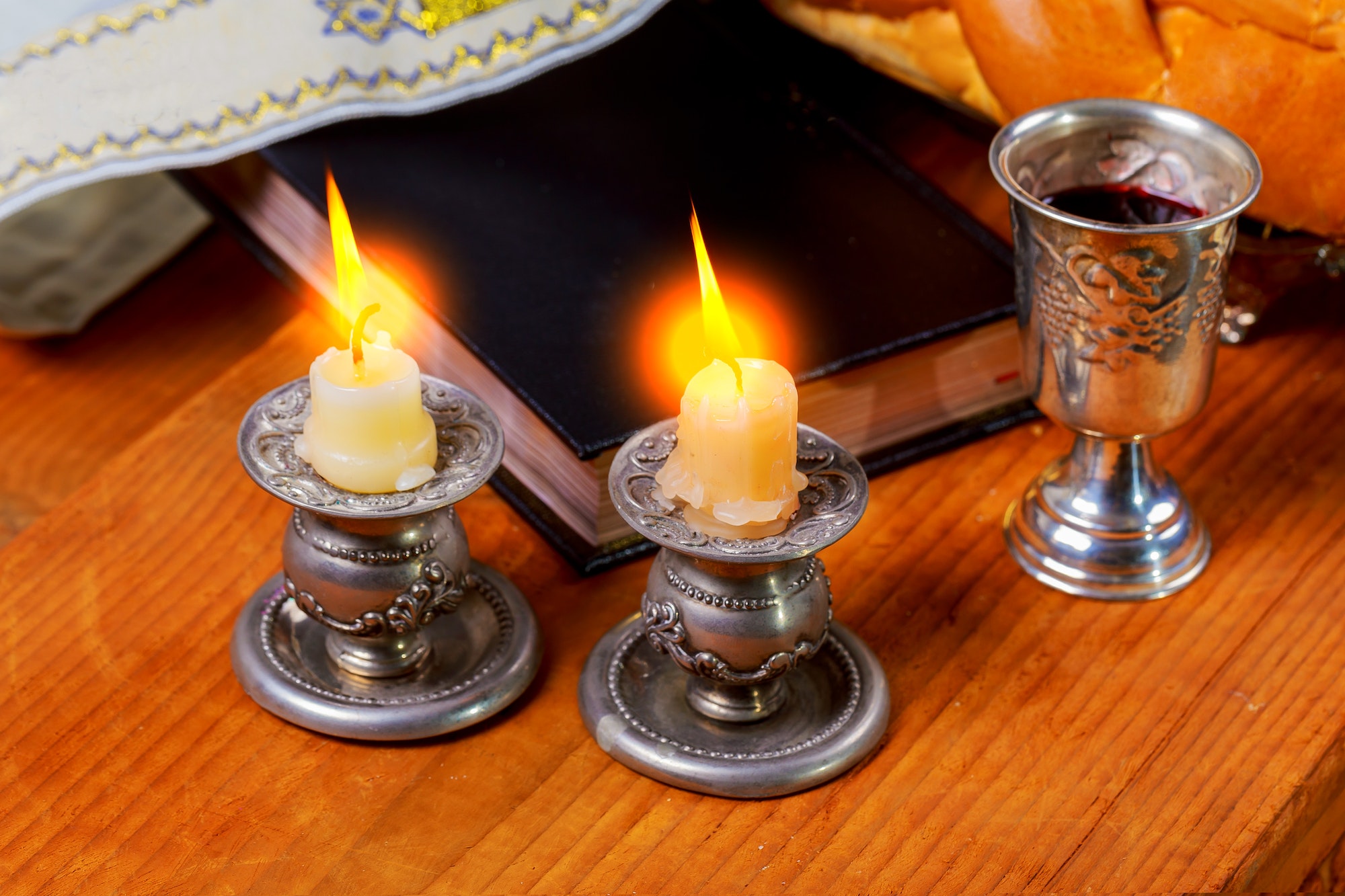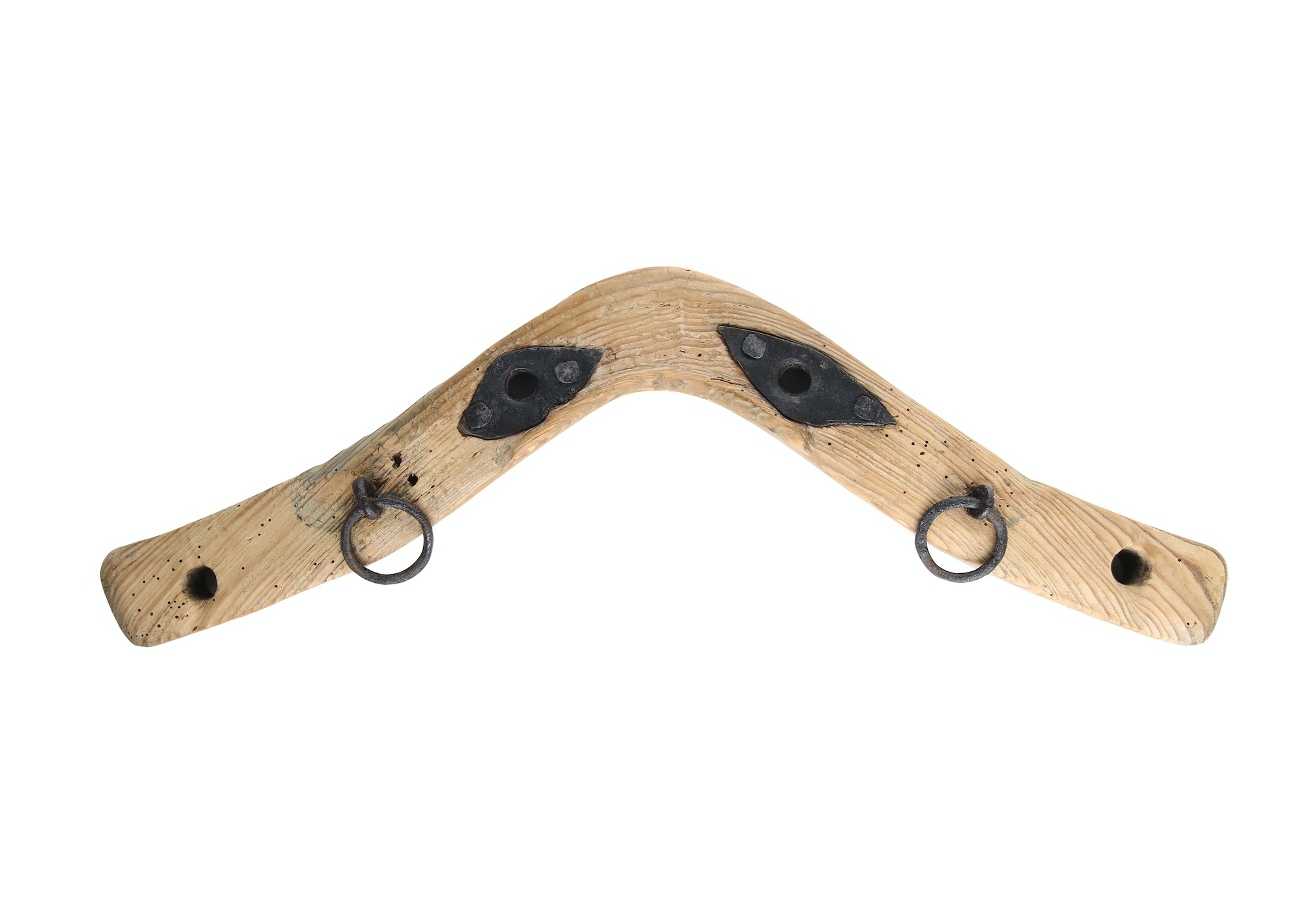From a corporate perspective, we refer to allowing others as delegating. Wikipedia defines delegating as the act of entrusting a task or responsibility to another person, (typically one who is less senior than oneself). Merriam-Webster states that the word made it to the English dictionary around 1700. From the Scriptures, we see God originating this concept at the Garden of Eden.
BECAUSE: IT’S NOT GOOD FOR MAN TO BE ALONE
Now the Lord God said,
It is not good (beneficial) for the man to be alone; I will make him a helper [one who balances him—a counterpart who is] suitable and complementary for him.
Genesis 2:18
From this passage, we see the power of working with others. God found it not good for man to be alone. In the assignment He had for man to cultivate and keep the Garden of Eden, man needed to work with another person. God called her Helper – one who balances and compliments him.
While this Scripture passage is usually applied in marriage, I would like to borrow this concept for us to apply in the assignments that God has given us. What God has called you to do is bigger than you and will require other suitable helpers. These are men and women who will balance and compliment you in your ministry, business or job role at your place of work. God always sends other people to participate and share in the vision.
BECAUSE: YOU ARE NOT THE ONLY ONE
Also, take heart that you are never the only one that God’s using in your time. Elijah told God that twice – I am the only one in verses x and x. However, God tells him that there were seven thousand others whose knees had not bowed down to Baal and whose lips had not kissed him.
Another good illustration is that of Elijah at Mt. Carmel in 1 Kings 18 where he puts to the test what was at the time perceived as the most supreme and powerful of all the gods – Baal. There are many lessons we can draw from this epic story.
EXAMPLE: ELIJAH AT MT. CARMEL – THE SUMMARY
The period of this story was during the First Temple partly a time when Ahab was king of Israel. Historically, most of the kings who ruled the state of the Ten Tribes (known as “Israel’’) were far from virtuous. Ahab, however, took this to an unprecedented low: “Ahab did more to anger the Lord, the God of Israel than all the kings of Israel who had preceded him.” Ahab’s behaviour was influenced in no small measure by his wicked wife, Jezebel. As a princess of the neighbouring kingdom of Sidon, she led both her husband and his kingdom into the thick of the pagan culture in which she was so immersed. Upon marrying her, Ahab fell entirely under her spell. It was Elijah who single-handedly undertook the opposition to Ahab and Jezebel. Given Ahab’s terrible conduct, Elijah came before the king and swore in the name of G-d that rain would cease to fall in the entire region. This decree would remain in place until he, Elijah, would revoke it.
Sure enough, after some time a fierce drought raged in the region. Elijah went into hiding, as Jezebel was bent on killing him as well as all the other prophets of God. Three years had passed, and God spoke once again to Elijah. This time he was to appear again before Ahab, in the hope that the time would be ripe for the harsh decree to be rescinded. The situation had grown so desperate that Ahab had personally joined his chief of staff, Obadiah, in a search for animal fodder. They divided the territory between themselves, and each of them continued alone in the field. Now, Obadiah was a very righteous man: under the very noses of Ahab and Jezebel, he hid one hundred prophets of God and took responsibility for their sustenance.
While on the search, Obadiah met Elijah as he came towards him. Elijah instructed Obadiah to tell Ahab that he had arrived. Seeing how terrified Obadiah was to do this, Elijah swore to him that he would indeed appear before Ahab and not disappear as he had done before. Obadiah conveyed to Ahab that Elijah was in the vicinity, and Ahab made his way towards Elijah. After an initial sharp exchange between the two, Elijah said that if the king wanted any rain to fall, he was to gather the entire people on Mount Carmel. Joining them were to be the entire cohort of eight hundred and fifty prophets of Baal and Asherah (another one of the primary gods/goddesses of the time).
Having no choice, Ahab conceded. The people gathered in excitement and anticipation. As for the cohort of prophets that Elijah spoke of, only the four hundred and fifty prophets of Baal made it to the gathering. The four hundred prophets of Asherah were actually supported by Jezebel, and she, in whichever way, made sure they would not be in attendance.
Elijah stepped forward and began haranguing the people: “How long will you be dancing between two ideas? If the Lord is God, go after Him, and if the Baal—go after him!” The scene was utterly surreal, the people were quiet and torn. In their heart of hearts, they knew who was the true God – the God of their fathers, whom they had forsaken. On the other hand, the influence and lure of popular culture were so immediate and powerful. Could it all be just tossed away as nonsense?
Knowing what was going through their minds, Elijah continued. He asserted the fact that he alone had publicly remained faithful as a prophet to God, while standing right there were hundreds of prophets of Baal.
But he was ready to go to the test. Elijah proposed that two sacrifices should be brought, and the God who would answer the call by sending fire to consume it, He would be deemed the true God. The people eagerly agreed.
Regardless, what remains incredible is that they all sheepishly followed every proposition of Elijah, even as he made them a total laughingstock. It is readily demonstrable that Elijah, with nothing but the power of the faith that he projected, took command of the entire event, even though quantitatively he was totally outnumbered. A lesson for all generations!
The bull for Baal was slaughtered, cut in pieces and placed on the altar. Throughout the entire morning, the prophets paced up and down, calling and praying that Baal answers them. As noon came, Elijah began poking fun at them: “Call with a loud voice… Perhaps he is talking, or he is pursuing enemies, or he is on a journey; perhaps he is sleeping and will awaken.” The Baal prophets whipped themselves into a frenzy, lacerating themselves with swords and spears—anything to get Baal to respond. But nothing came.
Now it was Elijah’s turn. He called all of the people close, and began by mending “the torn-down altar of the Lord.” Saul, the first king of Israel, had built an altar for God on Mount Carmel after returning from his war with Amalek. The kings of Israel had destroyed every altar that had been built for God, replacing them with altars for idol worship. Elijah now went about repairing this altar.
In building the altar, Elijah took twelve stones, corresponding to the twelve tribes of Israel. Around it, he dug a trench, 100 by 50 cubits – equivalent to at least 1200 square feet. After slaughtering the bull, cutting it up and setting it on the firewood, Elijah instructed that four pitchers of water be filled and poured over the sacrifice. He repeated this three times, making a total of twelve pitchers-full (gain corresponding to the twelve tribes). Not only was the sacrifice drenched, but the entire trench was also filled with water. This was all so that the spectacle of the consuming fire should be magnified all the more. Elijah stepped forward and prayed that he now be answered and that through this, the people would know the true God.
In his prayer, Elijah adds a request that through the miracle, the people will know that he is indeed the agent of God and that God had instructed him to do all this. Elijah’s prayer was answered. A Godly fire came down and consumed the entire offering, including all the water, and even the stones and earth of the altar. The people fell on their face and cried out “The Lord, He is the God! The Lord, He is the God!” After the fire came down, Elijah immediately instructed that the Baal prophets be seized. The people, led by Elijah, dragged them down to the Kishon Brook and killed them on the spot.
Now that Baal and its prophets had been dealt with, it was now time for another prayer. Elijah told Ahab that he could go, eat and drink, for rain would soon come. Elijah himself ascended to the summit of Mount Carmel, crouched to the ground, and put his face between his knees; another miracle had to happen, and it had to happen now. He sent his attendant seven times to look to see if any cloud had appeared over the sea. Finally, by the seventh time, a tiny cloud was spotted. Elijah knew he had been answered. He sent a message to Ahab that he should rush home so that the rain would not hinder his travel. Soon after this, the skies greyed, and a downpour of rain descended on the land of Israel. Ahab arrived home and related the entire episode to his wife. Jezebel, however, was not to be fazed by this. On the contrary, she was incensed at the slaying of the Baal prophets and swore to take revenge upon Elijah. Now again, the faithful and courageous prophet had to flee.
Then Jezebel sent a messenger to Elijah, saying, “So may the gods do to me, and even more, if by this time tomorrow I do not make your life like the life of one of them.” And Elijah was afraid and arose and ran for his life, and he came to Beersheba which belongs to Judah, and he left his servant there. But he himself travelled a day’s journey into the wilderness, and he came and sat down under a juniper tree and asked [God] that he might die. He said, “It
is enough; now, O Lord, take my life, for I am no better than my fathers.” He lay down and slept under the juniper tree…
1 Kings 19:2-5a
A THORN IN THE FLESH THAT ONLY OTHERS CAN HELP US REMOVE
Think of all the achievements that Elijah had up to this point. He had stopped the rain for three and a half years. He had slain four hundred and fifty prophets of Baal and called back for the rains, and it fell on the land again. This is very characteristic of our lives. For some people, they have scaled through challenging times to get their business or ministry to this current level. For others, they have had to defend their faith and not compromise to go up the corporate ladder and finally they made it to a higher level without bribing, corrupting or sleeping with the boss. It’s an excellent place to be!
Then this one thing happens, Jezebel sends a word that she will kill you – the servant of the most high. Just one challenge in your ministry or business, just one accusation at work, just one – and we get to the same place as Elijah did. And Elijah was afraid and arose and ran for his life…
He even became suicidal. “It is enough; now, O Lord, take my life, for I am no better than my fathers.” He goes ahead to tell God how he (Elijah) was the only one serving God.
He said,
“I have been very [c]zealous (impassioned) for the Lord God of hosts (armies) [proclaiming what is rightfully and uniquely His]; for the sons of Israel have abandoned (broken) Your Covenant, torn down Your altars, and killed Your prophets with the sword. And I, only I, am left; and they seek to take away my life.”
God then tells Elijah the people he needed to appoint to continue with the purposes of God at that time.
The Lord said to him, “Go, return on your way to the Wilderness of
Damascus; and when you arrive, you shall anoint Hazael as king over
Aram (Syria); and you shall anoint Jehu the son of Nimshi as king over
Israel; and anoint Elisha the son of Shaphat of Abel-meholah as prophet in your place. It shall come about that Jehu shall put to death whoever escapes from the sword of Hazael, and Elisha shall put to death whoever escapes the sword of Jehu. Yet I will leave 7,000 [survivors] in Israel, all the knees that have not bowed down to Baal and every mouth that has not kissed him.”
We see that Elijah anoints these three people – Elisha, a prophet in his stead; Jehu the son of Nimshi as king over Israel. This is the Jehu who would later bring down Jezebel; and Hazael as king of Syria. This means that, as much as Elijah was so instrumental in God’s plans at this time, there were other people that God had allocated and desired to use to continue with His plans. It does not matter the uniqueness of your assignment; you can never do it alone – all by yourself.
SOLUTION ONE: ANOINT ELISHA AS A PROPHET IN YOUR STEAD
In verse 19 – 21 So Elijah departed from there and found Elisha the son of Shaphat, while he was plowing with twelve pairs of oxen before him, and he with the twelfth. Elijah went over to him and threw his mantle (coat) on him. He left the oxen and ran after Elijah and said, “Please let me kiss my father and mother [goodbye], then I will follow you.” And he said to him, “Go on back; for what have I done to [stop] you?” So Elisha left him and went back. Then he took a pair of oxen and sacrificed them and boiled their meat with the implements of the oxen [as fuel], and gave the meat to the people, and they ate. Then he stood and followed Elijah, and served him.
Elisha became a faithful disciple of the prophet Elijah, and his successor. He followed his master from the moment they met in the above passage, when Elisha was a young man, ploughing his father’s field near the ancient town of Abel-mecholah in northern Israel. Later, Elisha would see his master disappear in a fiery chariot, going up to heaven, without dying first. At that moment Elisha cried: “My father, my father, the chariot of Israel…!” and rent his clothes. He knew then that he was to carry on the great work of Elijah, to spread the knowledge of G-d, to bring relief and blessing to his people, and teach them to be kind and charitable.
Elisha picked up the mantle which Elijah had cast off when he went up to heaven. He felt the spirit of Elijah within him, and when he had to cross the Jordan to return home, he waved Elijah’s mantle water, and they parted suddenly and made way for the divine prophet to cross the Jordan on its dry bed.
There was now hardly a man, king or slave, who hadn’t heard of Elisha’s miracles and divine powers. It didn’t take a long time before three kings came together to Elisha to ask for his help. Every Word Elisha said came true. He did many miracles, including separating the waters of Jordan river after Elijah was taken up; blessing the bitter water; the pot of oil that turned into a well for the widow whose prophet husband, Obadiah, was in debt; the Shunammite woman’s miracle of birthing a son and his raising the boy from the dead; turning the poisonous wild gourds into a meal for his prophets at Gilgal near Jericho; multiplying twenty loaves of bread to feed two thousand prophets at Mt. Ephraim; and floating an axe’s head that had fallen in the water when the prophets were cutting trees to build new living quarters at Jordan because the Samaria quarters had become small for the company of prophets. Everybody knew that Elisha was kind and generous to all, even to men who did not belong to his own people. Thus, he cured leprosy a great Syrian prince, Naaman, who next to the king was the greatest man in Syria).
For over 65 years, Elisha stood at the head of the prophets of his time, among whom was also the prophet Jonah. He saw many kings reign and fall in Judah and Israel. Fearlessly, like his master the prophet Elijah, he fulfilled his divine mission, until his last day came. As he was lying ill, king Joash of Israel came to his bedside and wept. “My father, my father, the chariot and horsemen of Israel!” he cried. Indeed, the people of Israel came to rely upon their great and beloved prophet more than they ever relied upon their chariots and horsemen. Elisha’s last prophecy was an encouraging one. He told the king that he would defeat Syria three times and that the people of Israel would then see better and happier days.
SOLUTION TWO: ANOINT JEHU AS KING OF ISRAEL – HE WILL DESTROY JEZEBEL FOR YOU
God will always bring other people to connect with your assignment. Elijah put to death 450 prophets of Baal, but it was not his God- ordained place to put Jezebel to death. That was Jehu’s part, according to God’s plans. Are there areas of your assignment that you are really struggling in? Is there this one thing that is continually persecuting you and making you afraid for your life? Is this area seemingly not allowing you to continue with your God-given assignment? Is everything else
working apart from this one area?
I wish to submit to you that there is a Jehu appointed by God to sort that area for you. Spend your time in prayer and in seeking guidance from God to open your eyes on who these appointees for your assignment are. That’s the only way that you will be able to advance forward, in peace and rest.
SOLUTION THREE: ANOINT HAZAEL AS KING OF SYRIA
Hazael became king after the death of Ben-hadad I, under whom he was probably a court official. Ben-Hadad, who was ill, sent Hazael to the prophet Elisha to look for a remedy of leprosy in which the king had and to inquire concerning his chances of recovery. Elisha prophesied that Ben-hadad would die and that Hazael would succeed him. Elisha cried while explaining to Hazael that he was to be the perpetrator of the brutality to the Israelites. Hazael objected to the very thought of it but was rest assured that it was all part of God’s plan. Hazael, on his return, smothered Ben-hadad – he got a coverlet, dipped it in water and laid it out on the king’s face. As prophesied, Hazael earned the throne ultimately due to the king’s death. He ruled for many years, during which time he fought the kings of Judah and Israel with some success, capturing all Israel’s possessions east of the Jordan.
Was Hazael an appointee of the Lord? The nations of Israel and Judah had become unfaithful to the Lord. This caused the wrath of God. With this, Syrian King Hazael became the Lord’s instrument to discipline these treacherous nations. In his reign of thirty seven years, he led the Arameans into battles against the troops of King Jehoram of Israel and King Ahaziah of Judah. This was to gain ownership of the City of Ramoth-Gilead. He revolted against Assyrians’ attacks. The king held in custody the territory of the Israelites east of Jordan, also known as the Eastern Tribal Lands. He also conquered Philistine, which was located in Gath City. The King of Syria, wanting to take over Jerusalem threatened the people of Judah. This, however, was prevented as Judah’s King, Joash, bribed King Hazael with gold and treasures from the temple and royal palace. In effect, the forces of King Hazael were withdrawn from Jerusalem.
The Syrian Kingdom was at its peak of power. King Hazael’s reign (842 B.C.-805 BC) proved to be long and victorious. This was a noteworthy achievement considering that in the early days, elections were done in the form of assassinations. King Hazael died in about the year BC 840 and was succeeded by Benhadad, his son. Ironically, Hazael named his son after the king in which he killed.
He was eventually conquered by Shalmaneser III (859–824 BC), king of Assyria, who defeated Hazael’s forces in battle, the first time taking an enormous toll in lives and equipment and driving Hazael into Damascus and the second time capturing several Syrian cities. Damascus itself, though besieged and its oasis devastated, was not conquered.
Find all the Episodes in this Series
A journey of recovery from toiling (modern day workaholism) to working (as God intended)
Too Busy for Worship Episode 1 - 15
I must confess that I am a recovering workaholic. While in the previous seasons of my life, this trait seemed so endearing and many praised me for how much I worked so hard. And I soaked in that glor…
We know that God is a worker because we see Him working for six days (Genesis 1-2:3). Therefore, as children of God, we must work and value work just as God does. The first words we see when we open the Bible are, “In the beginning, God (Elohim) created by forming from nothing…” The Bible starts with God working – creating. This creative work continues for six days with God creating everything that man would need in the Garden. In Genesis 2:8-9, we see God Himself doing the work to plant the Garden to ensure that Adam’s work of cultivating…
How many things are going right in my life that make me really enjoy it? So many, but the enemy keeps showing me the one thing I have not attained. He encourages me to reach out to that one thing and to do all it takes for me to get it. Most of the time, we achieve that thing and lose everything else freely provided for us by God.
When we are too busy for God, our stillness before the Lord vanishes along with our peace. When we are not obeying God’s commands, we stop being effective.
By resting, God helps us to break the attachments we form with our places of work as a source of our provision. God can provide for us whether or not we have a job.
We cannot bear fruit or even carry out our God-given assignments unless we are connected to Him. The first and most important step is to accept Jesus as our Lord and Saviour.
From a corporate perspective, we refer to allowing others as delegating. Wikipedia defines delegating as the act of entrusting a task or responsibility to another person, (typically one who is less senior than oneself). Merriam-Webster states that the word made it to the English dictionary around 1700. From the Scriptures, we see God originating this concept at the Garden of Eden.
So, God blessed the seventh day and sanctified it as His own, that is set it apart as holy from other days! The Sabbath is a day set aside for rest and worship. According to the Book of Exodus, the Sabbath is a day of rest on the seventh day, commanded by God to be kept as a holy day of rest, as God also rested from creation. For some people, this day is on calendar day Sunday, for others, it is Friday while for others it is Saturday. This book will not debate on which day the Sabbath is because…
Anyone who believes that the Christian life does not require work is mistaken. God, contrary to popular belief, never said we wouldn't have to work. He never said we wouldn't have to put up with it. He never claimed that the Christian life would be free of pain or fatigue. However, God has stated that He will always provide for our needs and that He will complete what He has begun in us.
What's your recovery journey towards restoring the heart of worship in your daily work.? What changes are you making?











